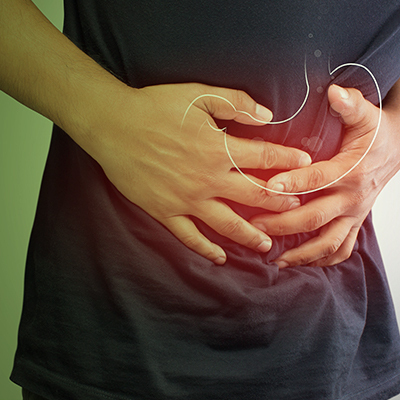Steps for Healthy Digestive system

The foods you eat and the lifestyle you live have a direct impact on your digestive health. Taking steps to improve your digestive health can help your digestive system function more efficiently and improve your overall health and sense of well-being.
Eat a high-fiber diet
Consuming a high-fiber diet that's rich in whole grains, vegetables, fruits, and legumes can improve your digestive health. "A high-fiber diet helps to keep food moving through your digestive tract, making you less likely to get constipated, adding that a high-fiber diet can also help you prevent or treat various digestive conditions, such as hemorrhoids and irritable bowel syndrome (IBS). In addition, it can help you achieve or maintain a healthy weight.
Incorporate probiotics and prebiotics into your diet
Probiotics are the same kind of healthy bacteria and yeasts naturally present in your digestive tract. They help keep the body healthy by combating the effects of a poor diet, antibiotics, and stress. In addition, probiotics can enhance nutrient absorption, may help break down lactose, strengthen your immune system, and possibly even help treat IBS.
Limit foods that are high in fat
In general, fatty foods tend to slow down the digestive process, making you more prone to constipation, but since it's important to get some healthy fat in your diet, so pairing fatty foods with high-fiber foods to help things move along more smoothly.
Follow a regular eating schedule
Dieticians and other experts agree that eating breakfast, lunch, dinner, and snacks around the same time each day allows for proper digestion of your food. When you do not eat at consistent times, it causes your stomach to overwork, which often results in bloating and indigestion. Eat every 3 to 4 hours to allow your stomach to properly digest its contents.
